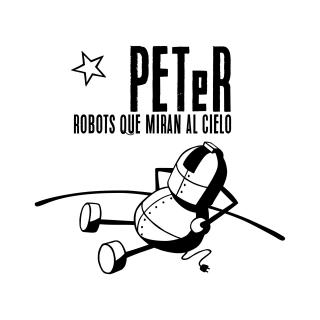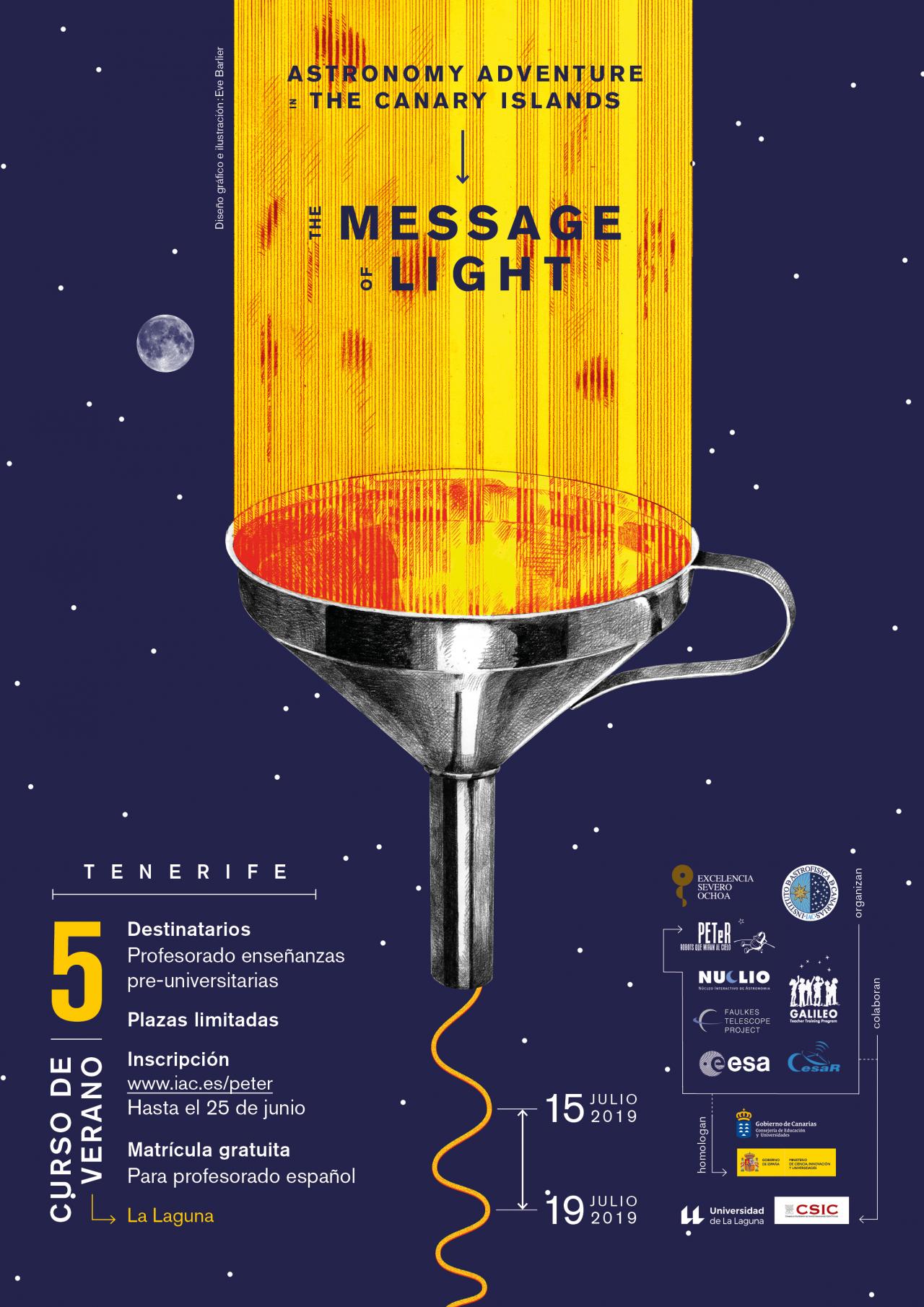Light allows us to know our environment and also gives us information about regions that are out of our reach, as happens with most objects in the Universe. Light has also allowed great achievements for science, with very important implications for Astrophysics, such as Eddington's experiment, of which we have just celebrated its centenary and which meant the observational verification of Einstein's theory of General Relativity, or the discovery that the spectrum of a chemical element is like a bar code that characterizes it in a unique way. In 2019, the first image of the "shadow" of a black hole was also obtained. To celebrate these scientific milestones, the contents of the fifth edition of the International Summer Course "Astronomy Adventure in the Canary Islands", organized by the Instituto de Astrofísica de Canarias (IAC), will revolve around the theme "The message of light".
The training is intended for pre-university teachers and will take place from 15 to 19 July 2019 in La Laguna (Tenerife), with two headquarters: the IAC and the Aulario de Guajara of the University of La Laguna. It consists of five days of conferences and workshops on Astronomy and Astrophysics, with a marked practical and interactive character, emphasizing the use of robotic telescopes in classrooms, other resources and online laboratories, inquiry-based learning and the multidisciplinary approach. The programme also includes a formative visit to the Teide Observatory (Tenerife), and an optional visit to the Roque de los Muchachos Observatory (La Palma) on Saturday 20 July.
More info.: Registration for the V International Summer Course "Astronomy Adventure in the Canary Islands" is now open

